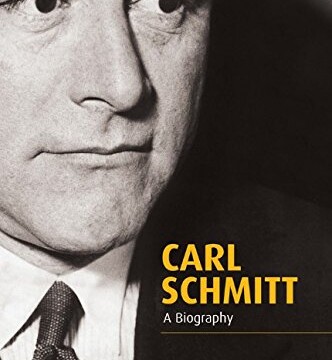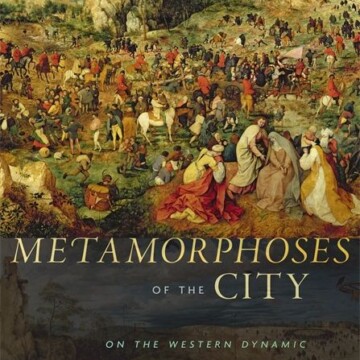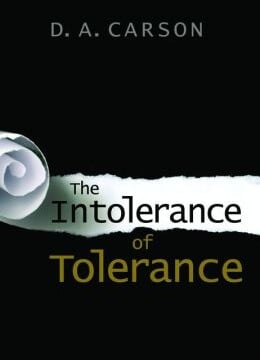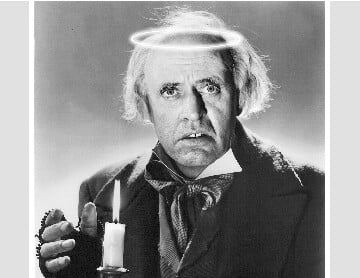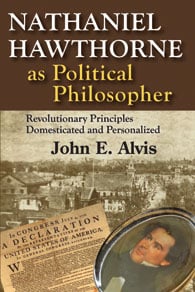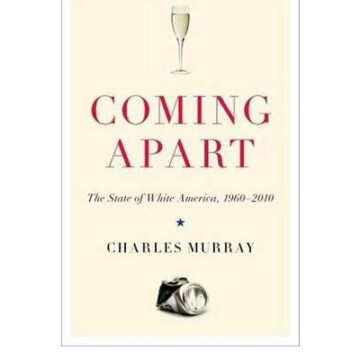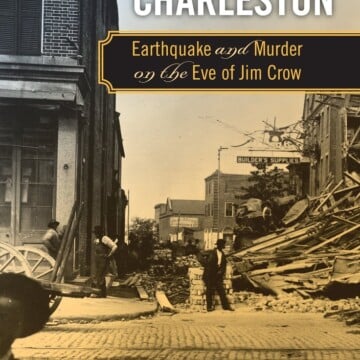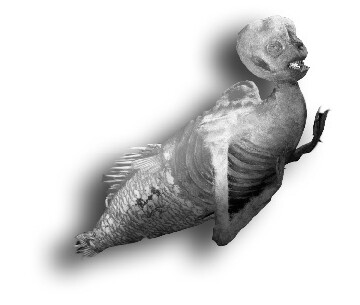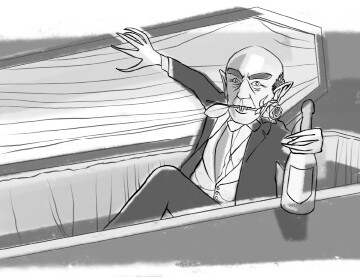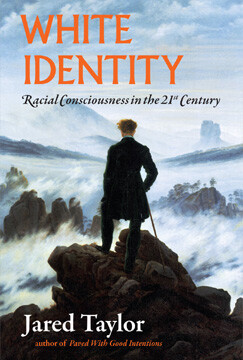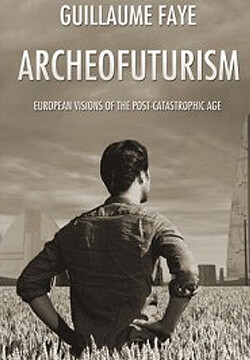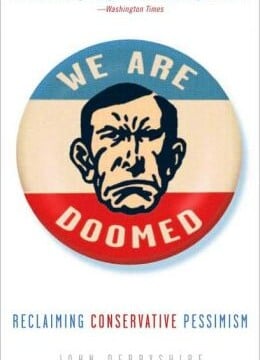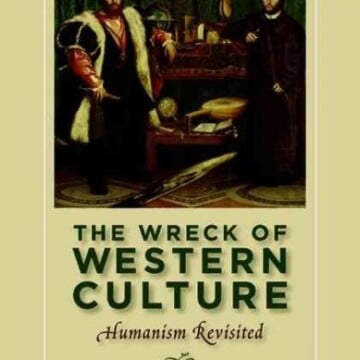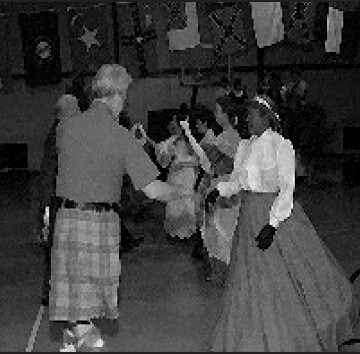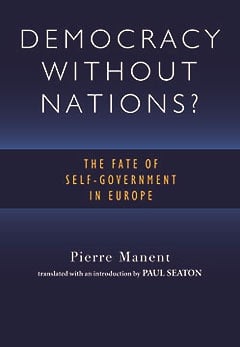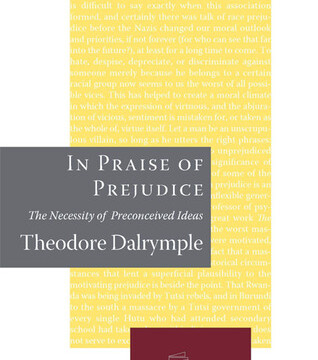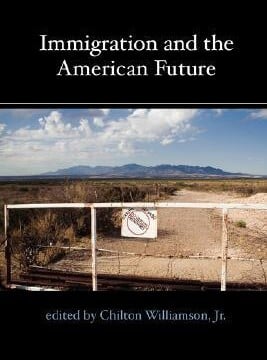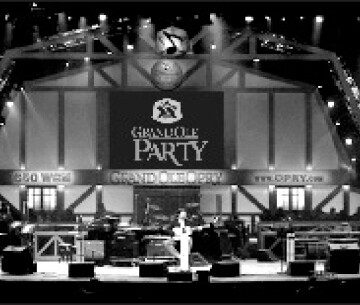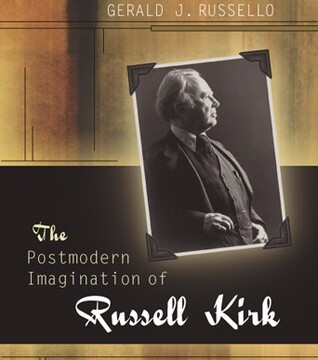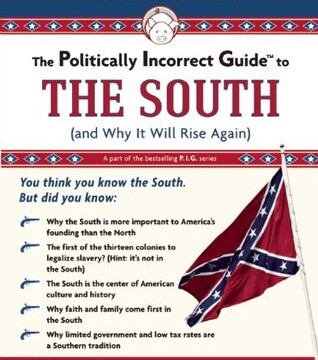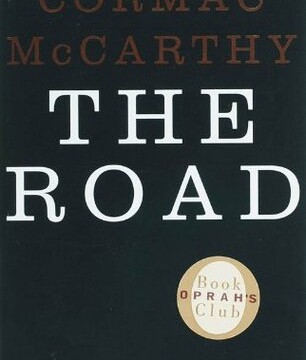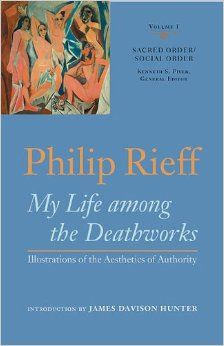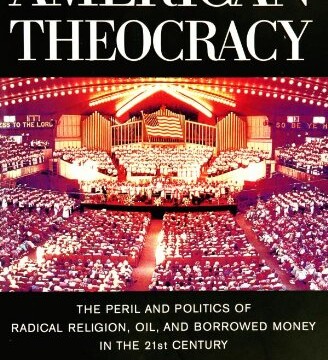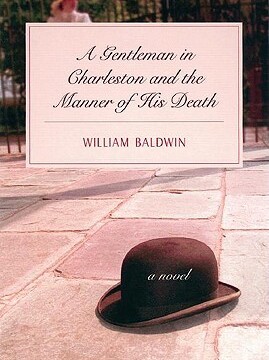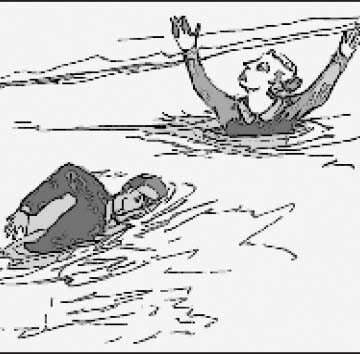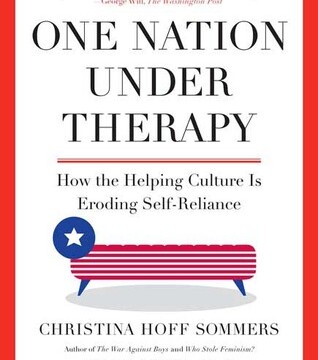As everyone in America knows, on the night of June 17 Dylann Roof, armed with a .45 Glock, slaughtered nine black men and women in Charleston’s historic Emanuel AME church. Well before Roof was apprehended the following day, the mediasphere went ballistic. Hoping to start a “race war,” Roof generated instead what the Rev. Rep....
Author: Jack Trotter (Jack Trotter)
Agonistic Politics
Thirty years ago Carl Schmitt (1888-1985) was hardly visible on the American intellectual horizon, and the rare mention of his name in scholarly publications was usually dismissive. After all, Schmitt was a Nazi, a Catholic extremist, and an inveterate enemy of the liberal order. Today, Schmitt’s major works are available in English translation, and a...
Charmless
Early in Owen Wister’s 1905 novel Lady Baltimore, the narrator, recently arrived in Charleston from Philadelphia, remarks upon the stillness of the city, its “silent verandas” and cloistered gardens behind their wrought iron gates—“this little city of oblivion . . . with its lavender and pressed shut memories . . . ” For Wister the...
Mongrels All! or, Slaves With New Masters
Of late, our demographic soothsayers have been assuring us that by 2040 or thereabouts America will no longer be a Caucasian-majority country, and that with the eclipse of the white majority there will be, to belabor the obvious, no majority culture. For many this is cause for celebration. Among minorities, or at least those who...
Conservative Education: Caveat Emptor!
Much of the blame for the deplorable state of higher education in America today must be traced back to the baneful influence of America’s most revolutionary educationist, John Dewey. In his enormously influential Democracy and Education (1915), Dewey defined education as “a freeing of individual capacity in a progressive growth directed to social aims.” In...
Virtual Selves, Vacant Hearts
My first face-to-face interview with Krista took place on a Friday afternoon in a local coffee shop. We had “chatted” several times on Facebook, and since she lived in my area I suggested that we talk in “real” time. I explained that I was gathering material on how the proliferation of social media was reshaping...
Light From Elsewhere
In the beginning, the poetic birth of the city becomes visible in the Iliad in the warrior camp of the Achaeans, in what Pierre Manent calls—in one of his most striking formulations—the “republic of quarrelsome persuasion.” We are not, of course, concerned here with the city as defined by, say, urbanology or archaeology, but with...
Eating Crow
“I kneel to de buzzard, An’ I bow to the crow; An eb’ry time I weel about I jump jis so.” —from “Jump Jim Crow” (1828) Readers of this magazine hardly need to be told that antiracism in America has become a secular religion, but lest there be any doubt about...
Persecutions to Come
“The only true spirit of tolerance consists in our conscientious toleration of each other’s intolerance.” —S.T. Coleridge Consider the unfortunate case of Prof. Thomas Klocek, whose story is one of many examples of intolerance recounted in D.A. Carson’s most recent book. Klocek engaged in a brief debate with a group of Palestinian student activists at...
Books Are for Blockheads!
Back in April, my old friend D.B. “Dukie” Kitchens called to inform me that I should soon expect in the mail an invitation to the inaugural Patriot Book Awards ceremony, to be held in Atlanta in late May. “What did I do to deserve this honor?” I asked. “Nothing,” Dukie replied. “I got your name...
The Post-Suburban Jesus
By a generous estimate, evangelical Christians are as much as one third of the U.S. population. In fact, they are the only Christian demographic that has shown exuberant growth in recent decades—a period during which church attendance overall has been steadily eroding. A significant part of this growth has taken place in the nondenominational or...
The Sickness Unto Death
George Santayana’s dictum—“Those who forget the past . . . ”—has long since become one of those clichés beloved of high-school history teachers, who never tire of repeating it to their indifferent charges. But Santayana would surely have agreed that forgetting is sometimes necessary. To dwell obsessively on the past, as any spurned lover knows,...
Libertarian Humbuggery
At the heart of the Christmas story is the lowly birth of Christ, surrounded by beasts of the field and honored by Magi bearing gifts. But consider how differently the Christmas narrative might have unfolded if ancient Judea had been organized as a free-market economy of the sort trumpeted by our libertarian friends. Imagine Joseph...
The Magnetic Chain of Humanity
As Alan Wolfe noted in a broadside published in The New Republic in 2003, the study of American literature, especially in American Studies programs at our major universities, has, since the 1970’s, become little more than a vituperative exercise in anti-American polemics. Largely a confabulation of Latino, Native American, African-American, feminist, “queer,” and “whiteness” theorists...
The Gynocratic Hive
“ . . . Zapparoni approved only of sexless workers and had solved this problem brilliantly. Even here he had simplified nature, which . . . had already attempted a certain ‘economical’ approach in the slaughtering of the drones.” —Ernst Junger, The Glass Bees (1957) When, in her 1963 book The Feminine Mystique, second-wave feminist...
By Merit Raised
“Satan exalted sat, by merit raised To that bad eminence; and, from despair Thus high uplifted beyond hope, aspires . . . insatiate to pursue Vain war with Heaven . . . ” —John Milton In his most recent book Charles Murray argues that over the course of more than five decades American society has...
Zora Neale Hurston’s White Mare
When novelist Zora Neale Hurston died penniless in a Florida nursing home in 1960, she was buried in a charity cemetery in an unmarked grave, an ironic resting place for a talented American writer and folklorist who, by all accounts, was a dazzling and memorable personality. Though her success had never been more than modest,...
Gabriel’s Horn
Surely, no American city has endured such a history of disaster as Charleston, set beguilingly beside the Atlantic upon her fragile spit of earth between the Ashley and Cooper rivers. Fires, floods, epidemics, blockades, sieges, bombardments, hurricanes, and earthquakes have repeatedly scarred her, but arguably the great Charleston earthquake of 1886 was the most destructive...
Of Monkeys and Mermaids
February 3, 1843 My Dearest Sabrina, Having momentarily sated what you once aptly termed my “Herculean appetite for lethargy,” I rouse myself dutifully to pen this somewhat belated missive, all too aware that you, my beloved sister, must be starved for news of your Charleston friends. Everyone inquires about you, of course, & I invariably...
Unreal Bodies, Unholy Blood
The vampire, possibly the most enduring mythic figure of the modern age, emerged out of the shadows of the Enlightenment. To be sure, folkloric accounts of lamiae, strigae, and incubi predate the Christian era and continued to haunt the European imagination throughout the Middle Ages, when vampirism was generally associated with witchcraft. But early in...
White Like Me
Few men in America are as reviled by the liberal establishment as Jared Taylor, editor of American Renaissance. According to the Southern Poverty Law Center (SPLC), he is “a courtly presenter of ideas that most would consider crudely white supremacist.” Keep in mind that the SPLC is an organization that cites Thomas Fleming, editor of...
A Convergence of Catastrophes
The catastrophic “imaginary” (as the postmodernists might say) is alive and well. Haunted by the falling Twin Towers, we imagine still more horrific scenarios to come: dirty bombs, perhaps, reducing our cities to rubble and befouling the air of the countryside with invisible clouds of lethal radiation; or dust bowls spreading like New World saharas...
Going Down With the Good Ship Lollipop
“As long as our country has Shirley Temple, we will be all right.” —Franklin D. Roosevelt Have you been to a toy store lately? Barbie’s got some heavy competition these days. The Bratz collection, for instance: Yasmin, Sasha, Cloe, Jade—all household names for several years now. Check out that hot little number Sasha in her...
A Huge and Healthy Pessimism
In his splendidly sardonic Devil’s Dictionary, that old gringo Ambrose Bierce defines pessimism as “a philosophy forced upon the convictions of the observer by the disheartening prevalence of the optimist with his scarecrow hope and his unsightly smile.” Bierce would have smiled—or, rather, frowned—kindly upon John Derbyshire’s new book, an often droll demolition of the...
Romancing the Skull
“I have found little ‘good’ about human beings. In my experience, most of them are trash.” —Sigmund Freud An old professor of mine once joked that ecumenism was a case of “the bland leading the bland,” an epithet that could just as appropriately describe contemporary humanism. Cast your net at Google, and you will haul...
Mystery and (Polack) Manners
In “The Shadow Players,” one of 12 stories in Anthony Bukoski’s most recent collection, Lance Corporal Pete Dziedzic returns to his childhood home in Superior, Wisconsin, after a four-year tour of duty in Vietnam. The year is 1967. Physically unscathed by the war, he finds himself adrift. His old girlfriend, tired of waiting for him,...
Nobody’s Bagboy
Something curious happened in South Carolina on June 10. While Sen. Lindsay Graham easily prevailed over his challenger, Buddy Witherspoon, garnering two thirds of the vote in the Republican U.S Senate primary, the Democrats (voting on the same day) chose a candidate who everyone admits is well to the right of Graham himself. Of course,...
Christmas in Abbeville
Last winter, I traveled to Abbeville, South Carolina, for its Fifth Annual Olde South Christmas. To the casual observer, this event might appear to be merely an instance of savvy small-town marketing—an attempt to capitalize on the trade in nostalgic simulacra of a simpler time. It had been suggested to me that, despite the superficial...
Towers of Babel
“Nations have lost their old omnipotence; the patriotic tie does not hold. Nations are getting obsolete, we go and live where we will. Steam has enabled men to choose what law they will live under. Money makes place for them.” —R.W. Emerson While Pierre Manent’s Democracy Without Nations? concerns itself principally with the erosion of...
Prejudice Made Plausible
“Without the aid of prejudice and custom, I should not be able to find my way across the room.” —William Hazlitt The “prejudice against prejudice,” as Theodore Dalrymple ironically terms it, has become so culturally pervasive that many—perhaps most—people are completely unaware that the term has not always been exclusively pejorative. The Latin prejudicare, in...
After the Deluge
“Who would call in a / foreigner—unless / an artisan with skill to / serve the realm, / a healer, or a prophet, or / a builder, / or one whose harp and song / might give us joy. / . . . but when have beggars come by / invitation?” —Homer It should be...
Bible-Belt Baroque
For some time, my friends Jeff and Rebecca Calcutt (a pair of Southern patriots sans pareil), had urged me to pay a visit to Bob Jones University in Greenville. I have no interest in driving to Greenville, I told them. I don’t like mountains, not even little ones. I don’t like Clemson fans, with those...
GOP Country: A Troubled Marriage
Back in February, music historian J. Lester Feder published an article in the American Prospect entitled “When Country Went Right.” As Feder would have it, country music wasn’t always as “conservative” as it is today. Once upon a time, it seems, country music was a left-leaning, “populist” American art form. Then Richard Nixon, taking his...
Imagination Deficit
Dear Mr. Romney: In spite of the Herculean labors of their spin doctors, politicians on the stump often say stupid things in the heat of the moment, and you are probably right to resent the unfairness of journalists who exaggerate the importance of such mundane stupidities. But rarely are politicians’ unconsidered remarks so remarkably unconsidered...
The Redeemed Imagination
“The virtue of the imagination is its reaching, by intuition and intensity of gaze (not by reasoning, but by its authoritative opening and revealing power), a more essential truth than is seen at the surface of things.” —John Ruskin Few concepts in contemporary intellectual debate are more hotly contested than the idea of the postmodern. ...
The Faces of Men: Education and Masculinity
This year marks the 60th anniversary of the publication of Calder Willingham’s End as a Man. Chances are, most readers today have never heard of the book, as I had not until quite recently. Despite the accolades that it received from such leading literary lights of the 1940’s as James T. Farrell (who called it...
Dixie for Dummies
“Disguise the fact as you will, there is an enmity between the Northern and Southern people that is deep and enduring, and you never can eradicate it—never!” —Alfred Iverson Many Chronicles readers are probably already familiar with Reg-nery’s Politically Incorrect Guides (P.I.G.) series, two of which have achieved best-seller status in recent years. Currently, there...
Of Landlords, Leases, and Calico Indians
In 1845, James Fenimore Cooper wrote Satanstoe, the first novel of The Littlepage Manuscripts, a trilogy Cooper conceived as a fictional response to the New York “anti-rent” uprising that, since 1839, had pitted leasehold tenants against their patrician landlords. It was a struggle that, in Cooper’s view, threatened the property rights enshrined in the Constitution. ...
The Sage of Covington
In the Introduction to Walker Percy Remembered, David Horace Harwell explains that he began his project with the idea of writing a conventional biography of Percy, one that would explore some fresh aspect of the novelist’s life. Then, as the research unfolded, he “found the form that best suits Percy.” The result is what Harwell...
“If I May Interrupt”: Live From the Senate Floor
As any connoisseur of the manifest absurdities that daily emanate from Inside the Beltway is well aware, what we read in the venerable Congressional Record is not necessarily a verbatim account of what was stated, on any given day, by our lawmakers on the floors of the House or Senate. It is common practice to...
Carrying the Fire
“Our civilization is founded on the shambles, and every individual existence goes out in a lonely spasm of helpless agony.” —William James In one of his rare interviews several years back, Cormac McCarthy suggested that writers who are not preoccupied with death are simply “not serious.” Chaucer might have objected, of course, not to mention...
War of the Worlds
“The most serious parody I have ever heard was this: In the beginning was nonsense, and the nonsense was with God, and the nonsense was God.” —Friedrich Nietzsche Philip Rieff is best known for his Triumph of the Therapeutic: Uses of Faith After Freud (1966), a work that many would rank among the most significant...
Republican Rapture
Kevin Phillips’ American Theocracy is divided into three parts held together, at times, only by the most tenuous of rhetorical threads. The first deals with the perilous politics of Big Oil and American imperial overreach; the third, with the looming threat to American prosperity represented by out-of-control national debt and what Phillips calls the “financialization...
Death on a March Afternoon
Today, the remarkable life of Capt. Francis Warrington Dawson is little more than a footnote in the history of an era that brought an end in the South to Reconstruction and saw the advent of the “Redeemers” and their Conservative Regime. But in the 1870’s and 80’s, Dawson, founder of the Charleston News and Courier,...
Born Again Again
Abortionists are apt to be a mite diffident in speaking of their calling—hardly surprising, given the nature of their work and its attendant hazards. How many abortionists have you encountered socially? None, I’d wager. After all, open avowal of their daily labors would hardly invite exchange of further pleasantries. Picture the scene over the hors...
The Mongrel Din
This year marks the centennial of the publication of Owen Wister’s Lady Baltimore, a comedy of manners about a wedding cake. Or, rather, it is about an honorable young Charlestonian’s determination to keep faith with a decidedly dishonorable young woman whom he has, in a moment of fatal infatuation, promised to marry—thus, the necessity of...
Suffering Narratives
On September 14, as horrifying images broadcast from New Orleans dominated the nation’s headlines, USA Today, citing as its source Charles Currie, head of Substance Abuse and Mental Health Services, reported that as many as a quarter of the Hurricane Katrina “evacuees” would fall victim to Post Traumatic-Stress Disorder (PTSD) and require long-term professional care....
The Flamingo Kid
It is a truism to note that H.L. Mencken, like his great vitriolic predecessor Jonathan Swift, was a thoroughgoing misanthrope. So perverse was Mencken’s vision of human existence that he preferred to read King Lear as farce rather than as tragedy—since nothing, he was fond of saying, could be more farcical than death. But if...
